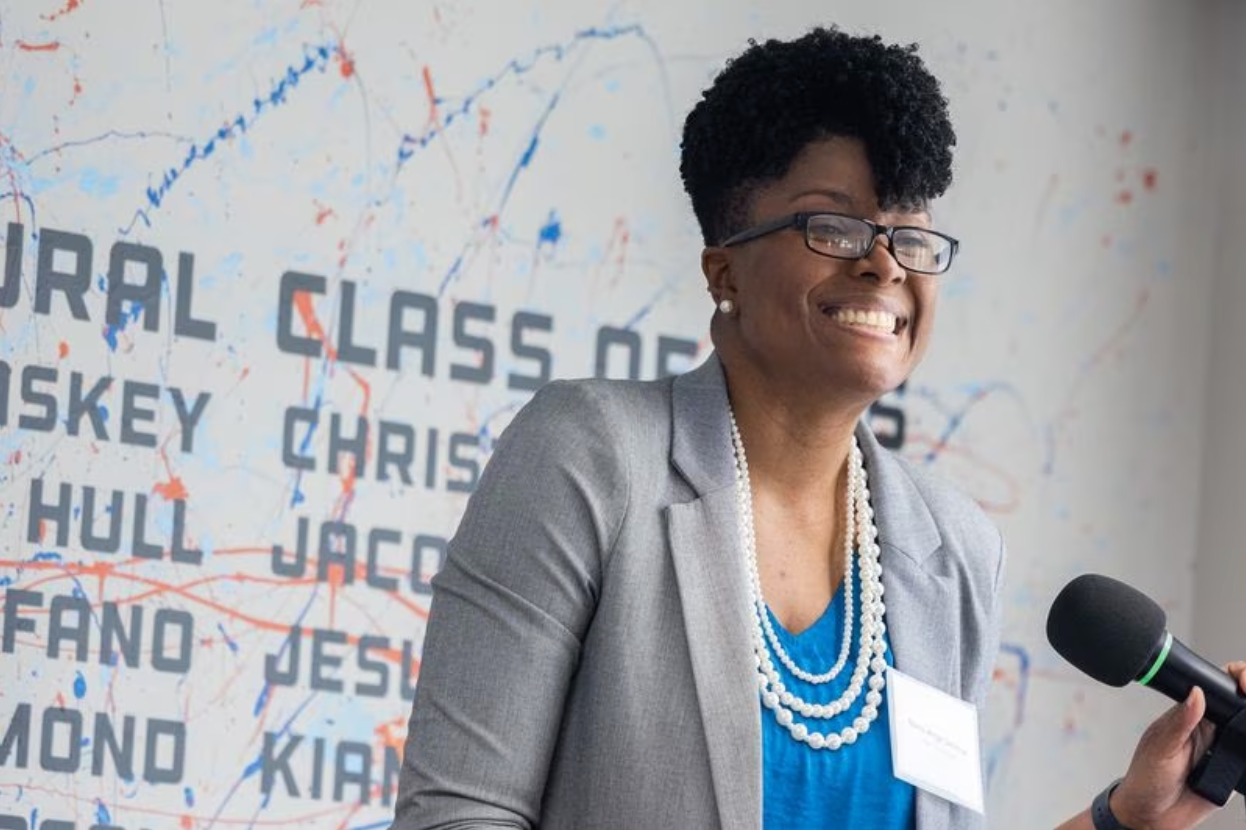One generation will help another close the remaining digital divide (Editorial)
Published: Apr 28, 2023
Even after a long state effort to bring high-speed internet to rural areas, access to this critical tool of modern life has remained out of reach for many.
Many who live in cities, as well as towns.
When people first heard the term “digital divide” in Massachusetts, it referred to people in small towns unable to sign up for internet access from cable companies. Private companies bypassed these prospective customers because of the high cost of reaching them.
Government stepped into the gap during the administration of Gov. Charlie Baker. After delays and false starts, the Legislature and governor eventually invested about $57 million to get high-speed service to 53 towns – in some cases through incentives paid to commercial companies, in others by grants to towns that wanted to build publicly owned networks. That job is nearly done.
That digital divide needed hardware. Utilities pounded 40,000 new poles into the ground. Crews laid 2,000 miles of fiber optic cable. In the end, 26,000 residences and businesses obtained long-denied internet access. Not having that access hurt. It hurt businesses, students and people in need of telehealth services. It depressed property values.
Today, the state, continuing a program shaped in the last months of the Baker administration, wants to close a different digital divide. This one needs soft skills and cash – and will get it, thanks to an infusion of federal money that dwarfs what was spent reaching people in rural areas.
This past week, economic development officials with the Healey administration came to Springfield to detail steps that will help people take advantage of resources available online, removing barriers to information and providing greater equity for all. We applaud this new chapter and encourage people to take advantage of new programs, training and, yes, devices and subsidies.
In Springfield, 54% of residents do not have a reliable internet connection, one study found.
That’s not just an inconvenience. “It is a civil right. It is a human right,” Frank Robinson, vice president for public health and community relations with Baystate Health Systems told a gathering at the Tech Foundry. Baystate will lead a program called Cyber Seniors, in which high school and college students coach senior citizens who haven’t the tech skills, or means, to get online.
As reporter Jim Kinney explained in a story this week, the state will pump $14 million into a variety of projects. The Digital Equity Partnerships Program will pull from a $50 million fund provided through federal pandemic relief.
In coming months, we will continue to highlight steps in this work. More than a dozen Springfield-area groups have lined up with Baystate to take part. They are doing important work.
Most people take for granted the ability to hop online and search. The new effort is needed and overdue.

